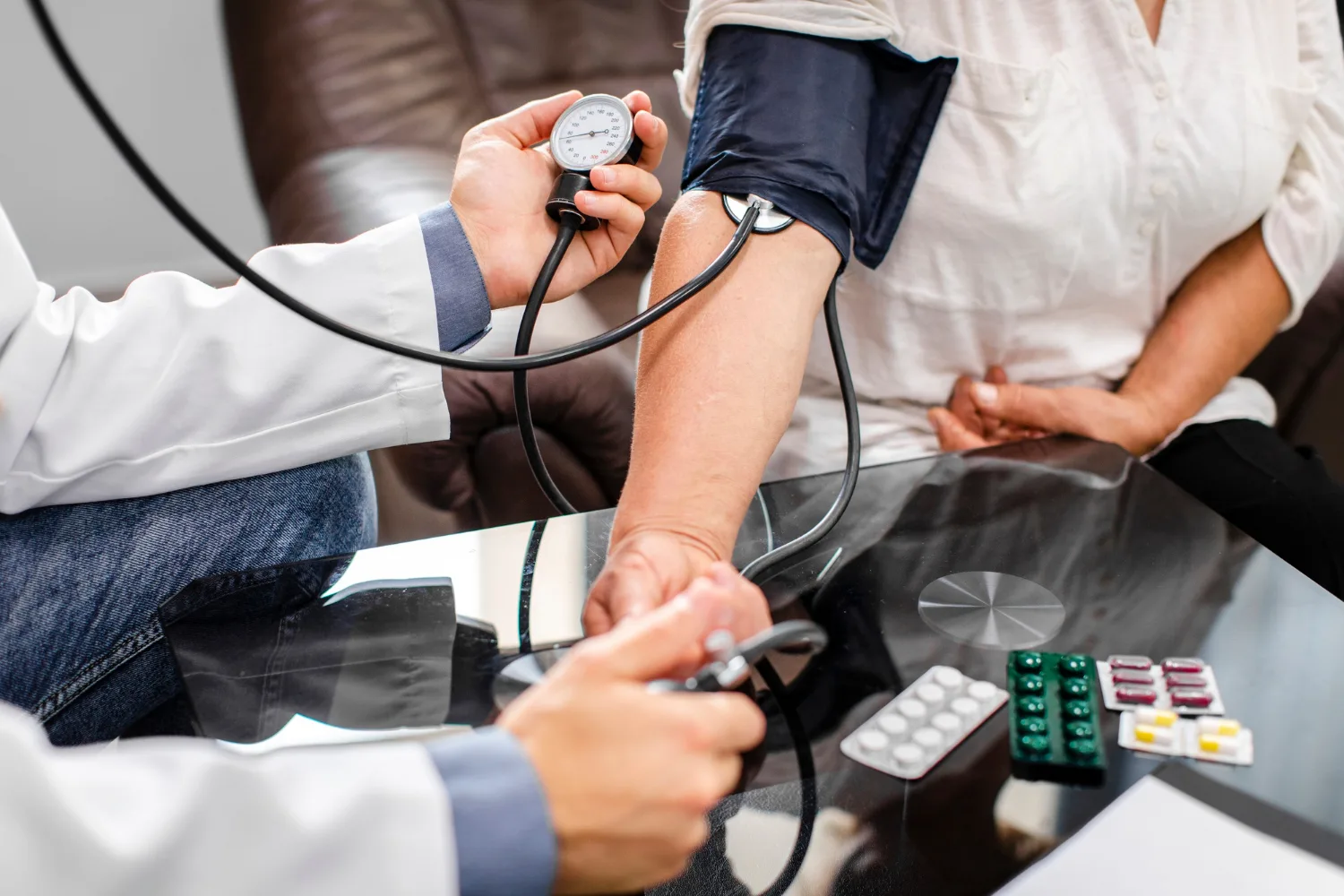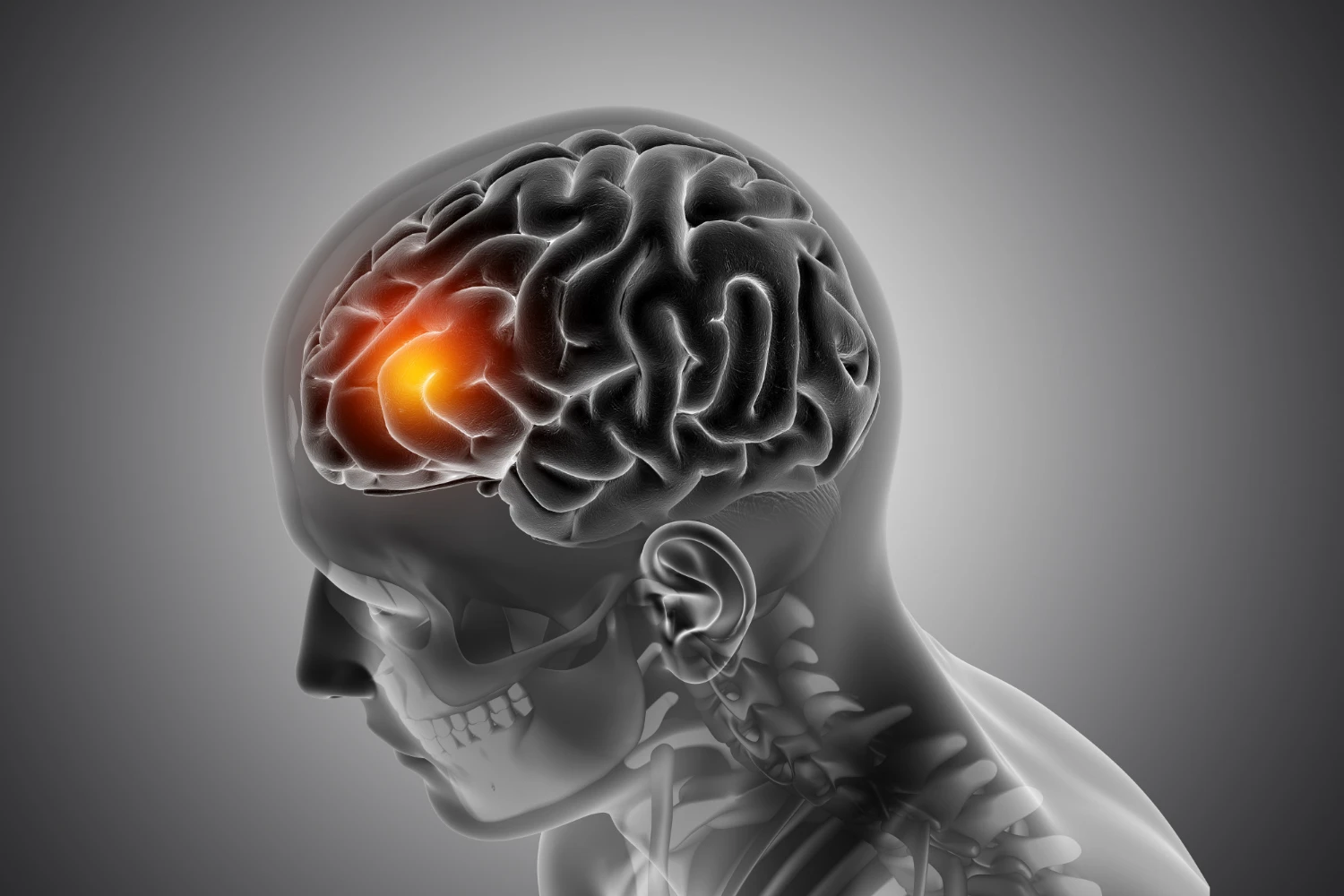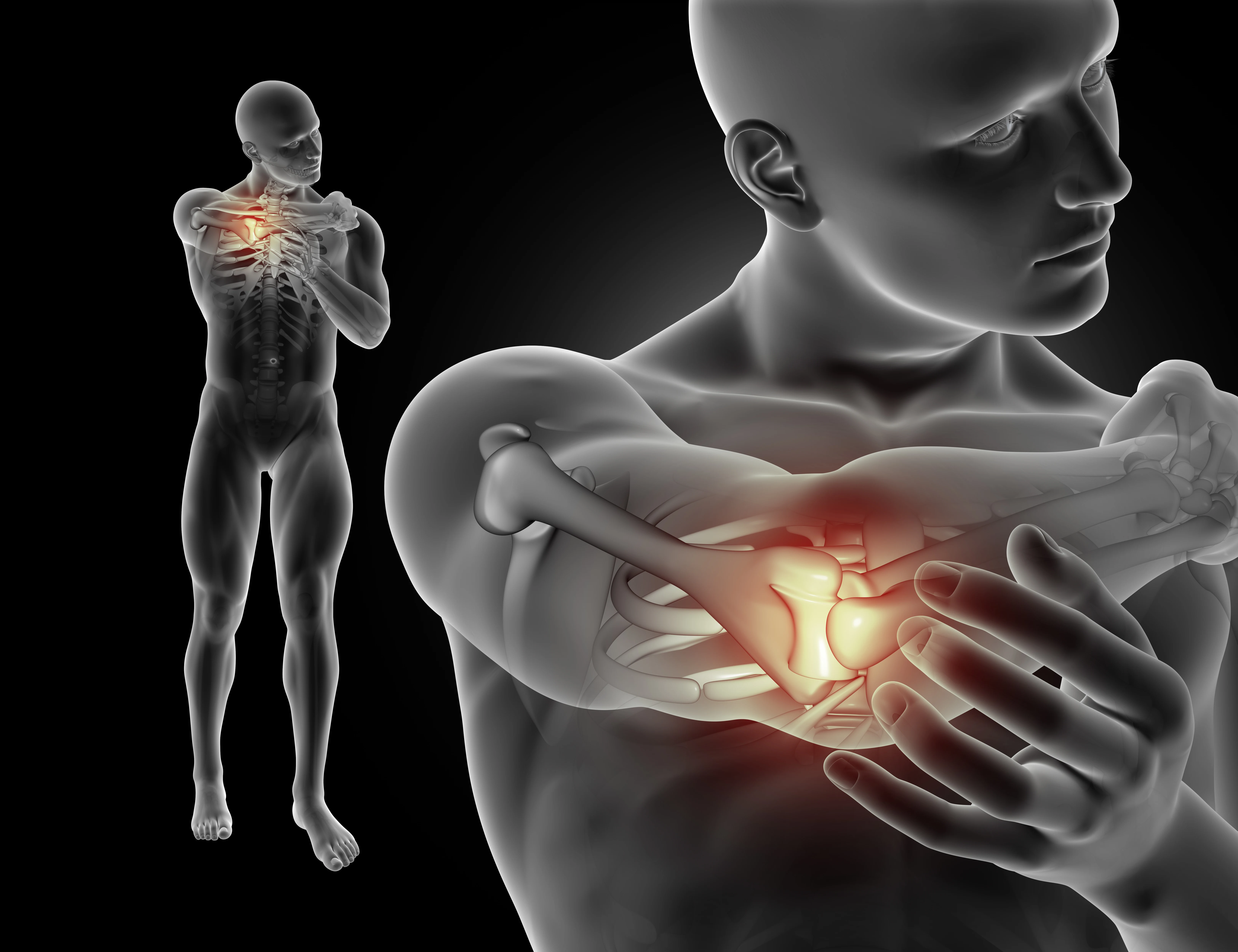What Is The First Sign Of Tuberculosis?
Category: Blogs
Tuberculosis (TB) remains a major health concern worldwide, affecting millions of people every year. Early detection of tuberculosis is crucial for effective treatment and to prevent the spread of this infectious disease. But what exactly is the first sign of tuberculosis? Recognizing the initial symptoms can save lives.
At Lokmanya Hospitals, known as the best hospital for infectious diseases, we prioritize early diagnosis and patient education. Our experienced specialists are dedicated to providing comprehensive care for tuberculosis in all its forms, including pulmonary and extrapulmonary TB.
In this blog, we will explore the first signs of tuberculosis in detail, answer commonly searched questions like Why, What, and When related to TB symptoms, and explain why early detection and treatment at Lokmanya Hospitals are vital.
What Is Tuberculosis?
Tuberculosis is an infectious disease caused by Mycobacterium tuberculosis. It primarily affects the lungs but can also infect other organs such as the spine, kidneys, and brain. The disease spreads through airborne droplets when a person with active pulmonary TB coughs or sneezes.
TB infection can be either latent (inactive bacteria causing no symptoms) or active (bacteria multiply and cause symptoms). Identifying the first signs of active tuberculosis is essential to avoid severe complications and transmission.
What Is the First Sign of Tuberculosis?
The first sign of tuberculosis can be subtle and often mistaken for other common illnesses. However, the most typical initial symptom of active pulmonary TB is:
Persistent Cough Lasting More Than Two to Three Weeks
A cough that doesn’t go away and lasts for weeks is often the earliest and most common symptom. This cough may initially be dry but can progress to producing sputum, sometimes with blood streaks.
Other Early Signs That May Appear Alongside the Cough:
- Mild Fever — Usually low-grade, especially in the evenings.
- Night Sweats — Excessive sweating during the night, which can soak clothing and bedding.
- Fatigue and Weakness — Feeling unusually tired without physical exertion.
- Unexplained Weight Loss — Losing weight without trying can be an early red flag.
- Loss of Appetite — Reduced desire to eat, leading to nutritional deficiencies.
- Chest Pain — Discomfort or pain in the chest during coughing or breathing.
Why Is Early Detection of These Signs Important?
Early recognition of these first signs is vital for several reasons:
- Prevents Disease Spread: TB is contagious in its active form. Early detection and treatment help stop transmission to others.
- Improves Treatment Outcomes: Starting treatment early reduces the risk of complications like lung damage or extrapulmonary TB, including spinal TB.
- Reduces Drug Resistance: Timely and proper treatment reduces the risk of developing multi-drug resistant tuberculosis (MDR-TB).
At Lokmanya Hospitals, regarded as the best hospital for spine treatment and infectious disease management, we emphasize early diagnosis to prevent complications like spinal TB or neurological involvement.
How Does Tuberculosis Progress After the First Signs?
If untreated, tuberculosis progresses gradually:
- From Mild Symptoms to Severe Illness: Cough worsens, sputum increases, and may contain blood.
- Spreading to Other Organs: TB bacteria can leave the lungs via the bloodstream and infect bones (especially the spine), kidneys, brain, and lymph nodes.
- Complications: Pulmonary TB may lead to respiratory failure, and spinal TB can cause deformities and neurological deficits.
This progression underscores the importance of recognizing the first sign of tuberculosis and seeking immediate medical care.
When Should You See a Doctor?
You should consult a healthcare provider if:
- You have a persistent cough lasting more than 2-3 weeks.
- You experience unexplained weight loss or night sweats.
- You cough up blood or have chest pain.
- You have been in contact with someone diagnosed with TB.
- You belong to a high-risk group (e.g., immunocompromised, living in crowded places).
Lokmanya Hospitals offers timely TB screening and comprehensive evaluation, making it the best hospital choice for early diagnosis and treatment.
How Is Tuberculosis Diagnosed?
Diagnosis starts by evaluating symptoms and risk factors. The most common tests include:
- Tuberculin Skin Test (TST): To detect latent infection.
- Blood Tests (IGRA): To identify TB bacteria presence.
- Chest X-ray: To detect lung abnormalities.
- Sputum Smear and Culture: To confirm active pulmonary TB.
- Molecular Tests: For rapid detection and drug resistance profiling.
- MRI/CT Scans: Especially for diagnosing spinal TB or extrapulmonary involvement.
Lokmanya Hospitals utilizes advanced diagnostic technologies to ensure accurate, early detection, enhancing treatment success rates.
What Is the Treatment for Tuberculosis?
Treatment depends on the type of TB:
- Latent TB: Usually treated with a single antibiotic for 3-9 months to prevent active disease.
- Active TB: Requires a combination of antibiotics for at least 6 months. Common drugs include isoniazid, rifampin, ethambutol, and pyrazinamide.
For spinal TB and other complex cases, treatment may include surgery alongside medication. At Lokmanya Hospitals, we offer specialized best spine treatment for TB-affected vertebrae, ensuring full recovery.
Why Choose Lokmanya Hospitals for Tuberculosis Care?
At Lokmanya Hospitals, we provide a patient-centric approach combining advanced diagnostics, personalized treatment plans, and multidisciplinary care. We are committed to being the best hospital for managing tuberculosis and related complications.
Our experts include pulmonologists, infectious disease specialists, radiologists, and spine surgeons working in tandem to treat all forms of TB effectively. For cases involving the spine, our hospital offers the best spine treatment, including minimally invasive surgeries and rehabilitation programs.
With a focus on early detection and adherence to treatment protocols, Lokmanya Hospitals ensures faster recovery, fewer complications, and improved quality of life.
Conclusion
Knowing what is the first sign of tuberculosis empowers you to seek timely medical care. The persistent cough lasting more than two weeks is the most common early symptom of active TB, often accompanied by mild fever, night sweats, and weight loss.
Early diagnosis and treatment are crucial to prevent disease progression and transmission. If you experience these symptoms or suspect TB exposure, trust Lokmanya Hospitals for the best treatment for infectious diseases and experience comprehensive care tailored to your needs.
Don’t delay in seeking help. Early intervention saves lives.
FAQs About the First Sign of Tuberculosis
Q: Why is a persistent cough the first sign of TB?
A: TB primarily infects the lungs, causing inflammation and damage that trigger the cough reflex, making persistent cough the earliest symptom.
Q: When should I get tested for TB?
A: If you have a cough lasting more than two weeks or other symptoms like fever, night sweats, and weight loss, or if you have been exposed to someone with TB.
Q: What if I have no symptoms but was exposed to TB?
A: You may have latent TB, which is not contagious but can become active. Screening at Lokmanya Hospitals helps determine your status and need for preventive treatment.
Q: Can spinal TB be an initial sign of tuberculosis?
A: Usually, spinal TB develops after pulmonary infection, but sometimes patients may present first with back pain and neurological symptoms, especially if pulmonary symptoms were missed.
Previous blog



.webp)



